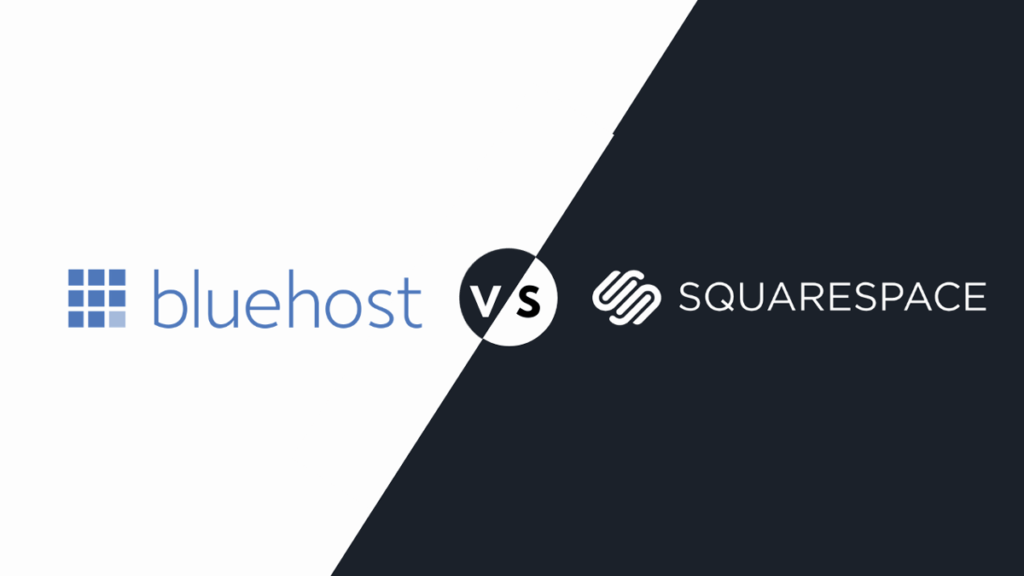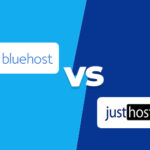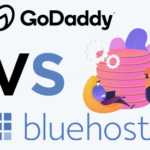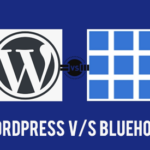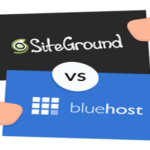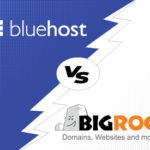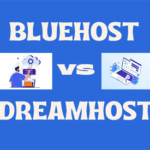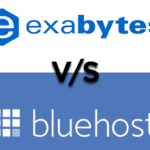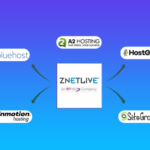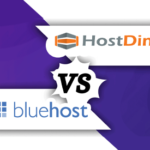Do you need help deciding between Bluehost vs Squarespace? Do not be concerned; we will clear up your uncertainty.
Squarespace and Bluehost are well-known platforms that provide users with website-building and hosting features. Other things differentiate them, though. Bluehost specializes in hosting, while Squarespace is a full-service website builder. You might not be aware of a lot more, though.
We’ll provide a thorough comparison of Squarespace and Bluehost in this article. After reading this article, you can choose which platform works best for your company.
Features
When crafting a website with Bluehost, let’s assume you opt for the WordPress route rather than using Bluehost’s proprietary builder.
With over 10,000 themes in the WordPress theme directory and a plethora more accessible via third-party platforms like ThemeForest, you certainly won’t find yourself lacking in options. This abundance is particularly advantageous if your site caters to a niche industry, increasing the likelihood of discovering a theme that closely aligns with your site’s desired look and feel.
Moreover, if you have a highly specific design or structure in mind, WordPress makes it easier to bring your vision to life. While you might require additional web development support along the way, you’ll have the means to achieve your goals.
On the other hand, Squarespace offers a curated selection of templates that look fantastic—ranking as the best among all the website builders we’ve tested—and facilitate the seamless incorporation of various elements. We’ve awarded Squarespace a well-deserved score of 4.7 out of 5 for design!
However, compared to the extensive customization options available with WordPress, Squarespace provides users with a different level of flexibility. That being said, Squarespace effectively caters to most website types, and you’re likely to encounter issues if you’re constructing an exceptionally unique or unconventional website.
Price Plan
Now, let’s dive into pricing, a crucial aspect when weighing the options of Squarespace versus Bluehost. Which platform offers a more budget-friendly option while delivering greater value? Let’s examine it closely.
Bluehost Pricing:
- When it comes to the website builder:
- Basic: $2.95 per month
- Pro: $9.95 per month
- Online Store: $24.95 per month
Squarespace Pricing:
In comparison to Shopify, Squarespace presents four pricing tiers:
- Personal: $12 per month
- Business: $18 per month
- Basic Commerce: $26 per month
- Advanced Commerce: $40 per month
For just $40 per month, you gain access to Squarespace’s most potent commerce features.
Ease of Use
Bluehost
After completing the sign-up process and domain registration, you can develop your website using Bluehost. It’s just that simple! Even though Bluehost offers a more straightforward construction experience, its website builder allows WordPress to retain all its flexibility.
You’ll have access to all of WordPress’s capabilities as your website and WordPress knowledge grow.
In addition, Bluehost offers many fantastic features for a low initial cost, making it the most affordable platform for getting a website up and running. You should give this a try while the opportunity exists.
Squarespace
Without any prior coding experience, users may create websites using Squarespace’s website builder. Anyone can manage the building process and create a website in their free time.
Customers can also select a plan with a domain and hosting, eliminating the need to manage or buy these goods individually.
One drawback is that switching to a new template is easier once you’ve selected and customized one. In actuality, it necessitates a fresh start.
You can create and finish your website on Squarespace before making any payments. If you’re comparing different builders, this is quite useful.
Customer Support
In the realm of customer service, Squarespace vs Bluehost, both adopt markedly distinct approaches. Bluehost excels in providing swift access to live chat support, while Squarespace prioritizes an extensive knowledge base before initiating direct contact.
Bluehost offers a 24/7 live chat option along with phone support. What stood out to me was the seamless, one-click access to live chat. I was pleasantly surprised when an agent promptly joined the conversation within seconds.
On the other hand, Squarespace provides a 24/7 email ticket system and live chat support (chatting) from Monday to Friday, 4 AM to 8 PM EDT. To access these options, you’ll initially navigate through a series of questions and suggestions from their knowledge base. However, this process is relatively quick.
In my experience, Squarespace’s live chat isn’t available around the clock, but it is more satisfactory. The Bluehost agent didn’t focus on my specific question and instead provided a link that could address it. Nonetheless, it’s worth noting that both platforms boast robust knowledge bases.
Final Thoughts!
After careful deliberation, you’ve concluded that Bluehost is the victor in this comparison. However, does it truly claim the crown? Squarespace vs Bluehost, while sharing certain features and tools, are fundamentally distinct platforms. If your primary goal is finding a reliable website builder, I wholeheartedly recommend selecting Squarespace. Their plans encompass not only website creation but also eCommerce and hosting features.
On the other hand, if your focus leans toward a robust hosting provider, seriously consider Bluehost. It’s meticulously designed to deliver unrivaled bandwidth and essential security measures for running a website. Bluehost’s hosting plans come bundled with a WordPress website builder and WooCommerce installation, equipping you to easily establish online platforms for blogs, eCommerce stores, and business websites.
In summary, both platforms offer various features, each excelling in its domain. Your choice ultimately hinges on your specific needs and goals. Select the one that aligns most closely with your unique business requirements.


